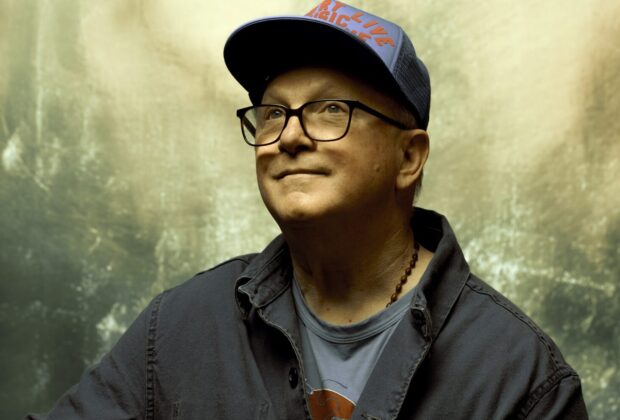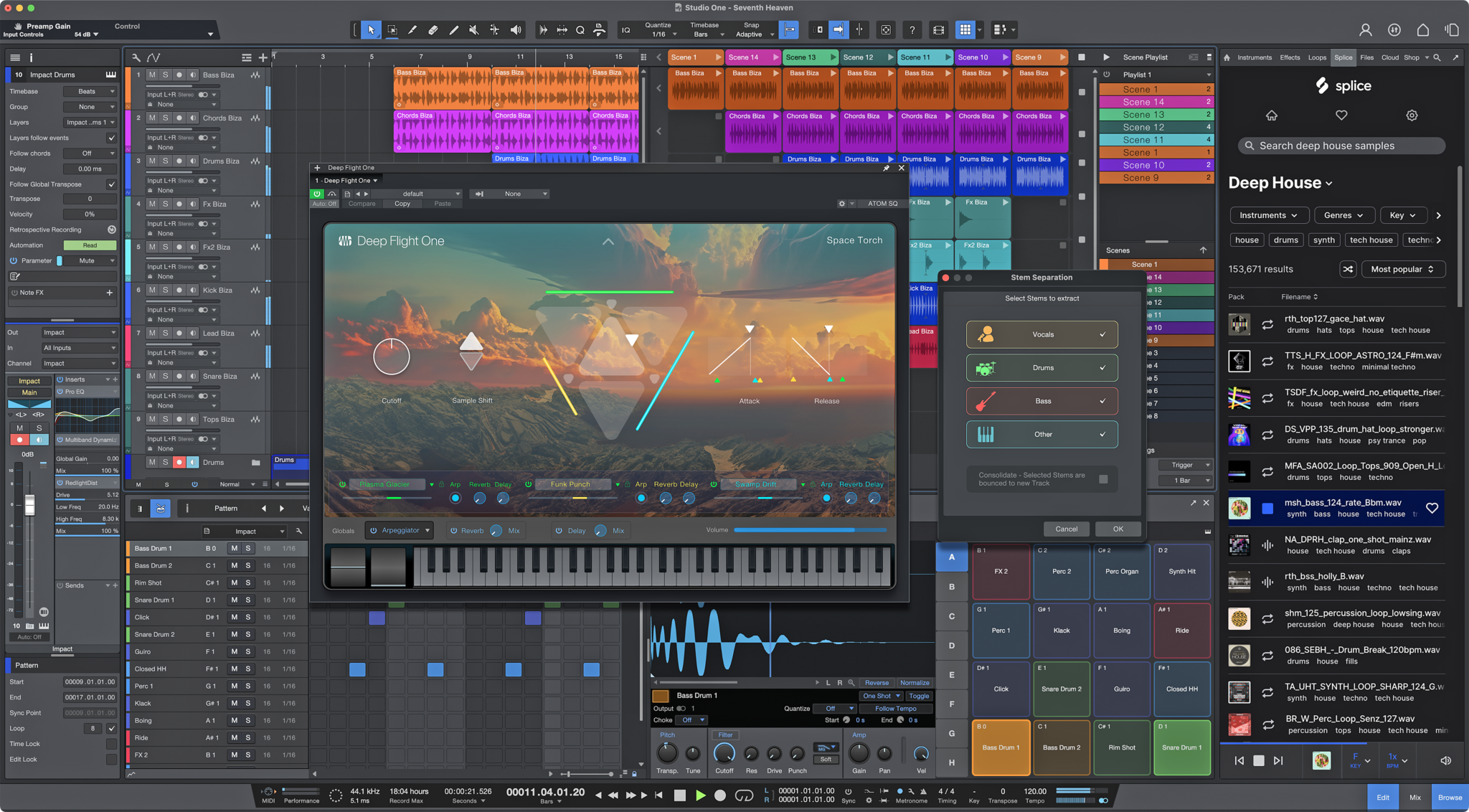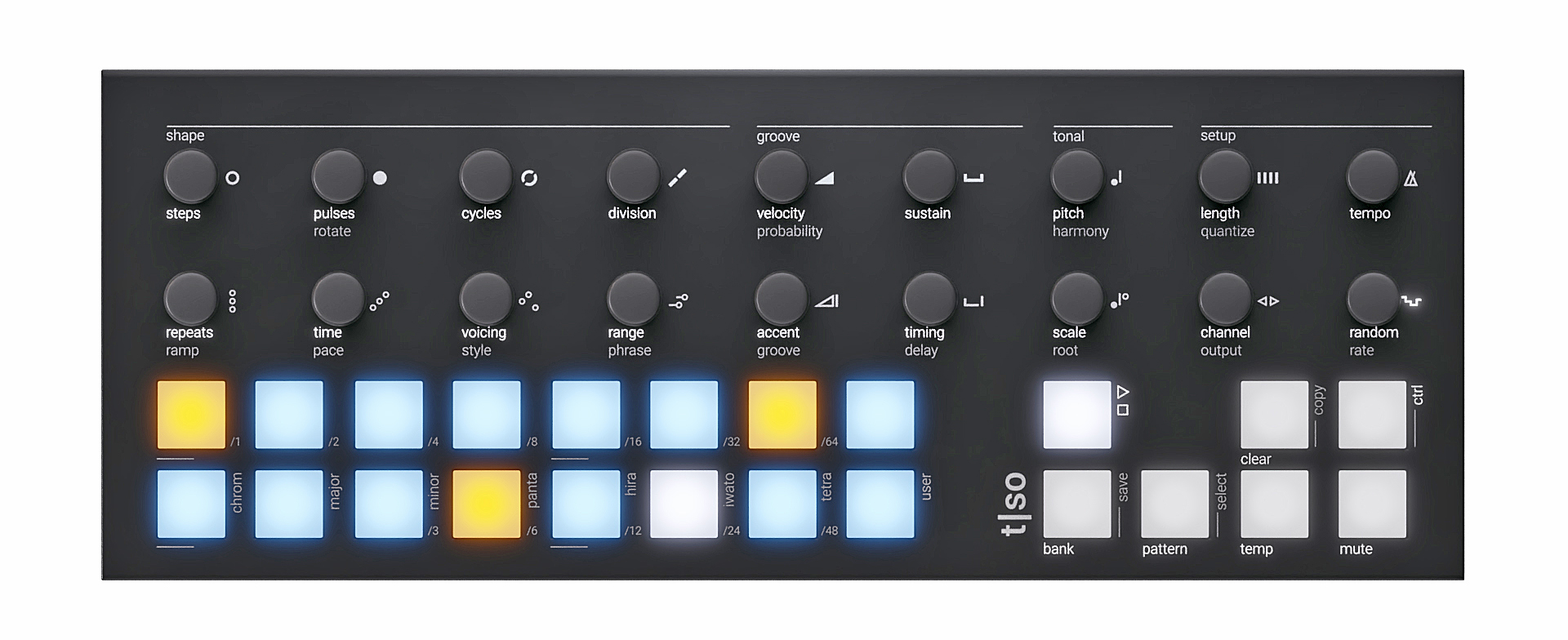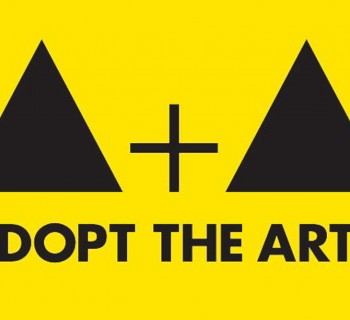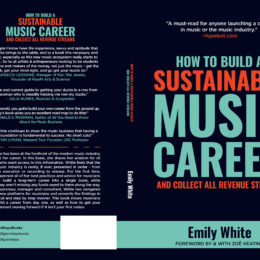Grammy-winning writer, musician and producer Charlie Peacock is the child of a musician and music educator. As a lifelong fan of literature, his love of music and words blended early to create a passion for songwriting. He struck upon his talent for production in 1979 when he was invited to produce a single for a friend’s punk band. A decade later he relocated from California to Nashville. Over the years, he’s aided artists including The Civil Wars, Switchfoot and Amy Grant. He’s also composed for a number of films and TV shows. In February, his memoir Roots & Rhythm: A Life in Music will be published.
His latest record Every Kind Of Uh-Oh dropped on August 30 by way of his label Re:Think, which is distributed by Universal. As a seasoned producer and music pro, he found that the biggest challenge was the idea that artists create their best work between the ages of twenty and thirty. “To be fifty years into my career and say ‘I’m going to do something that’s unique and different,’ it’s easy to look around and think that my moment has passed,” Peacock admits. “But I’m still an artist; I dream like an artist; I wake up each morning as an artist. Ultimately there was still a reason to do this. It was worthwhile, viable and beautiful.
“My son [Sam Ashworth] writes for Universal but the person who made the [distribution] deal for me there was once a jazz bass student who’d write to me for advice,” he continues. “He went on to become the president of a record label. There’s a real serendipity and connectedness to a life in music. It’s one of the reasons that you begin healthy relationships and build as many bridges as you can. You never know when someone you met 20 years ago will play a huge role in your life.”
Peacock has created a wealth of music for film and TV. One of the key lessons he’s learned is that fewer lyrics are often more effective. “Most of the songs that succeed in film and TV are generally the ones that are evocative of a particular feeling,” he observes. “Lyrics-wise, the songs that do well are the ones that have some space in them. A Paul Simon song might be amazing but it may not work well for a sync placement because there’s no room for the film or dialog to come through, so leave space for it. Sometimes great songs aren’t used in film or TV because they’ve got too much going on.”
The biggest challenge that the producer has faced over the span of his career is the occasional loneliness of self-reliance. “I talk about this in the first chapter of my book,” Peacock says. “[When you’re producing] There’s no one to complain to, there are no excuses to make. You’re either going to rise to the occasion or you’re not. There was a time when it rested on me to finish The Civil Wars’ last album [2013] when the duo had just broken up after a huge deal with Columbia Records had been signed. There was a lot on the line. The record was only half finished and it was up to me to complete it. Ironically, it went to number one. I’ve never not finished a record.”
When Music Connection spoke with him, Peacock was in promotion mode for his book and latest record. He has some jazz projects that he’ll complete in the New Year including one with John Patitucci and Eric Harland. He’s built several sonic spaces over the years including The Arthouse. Now, though, he works largely out of his home studio.
Visit charliepeacock.com

